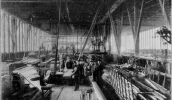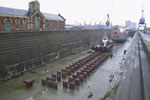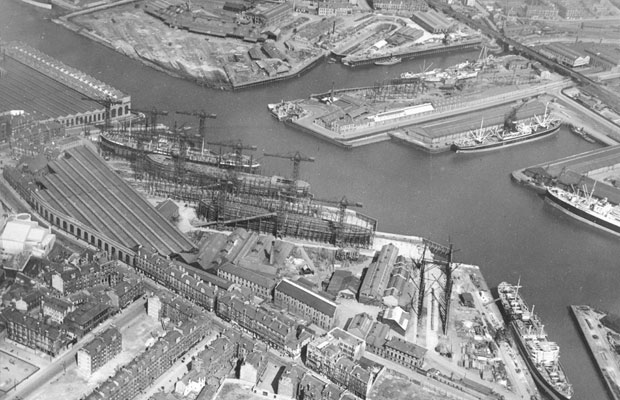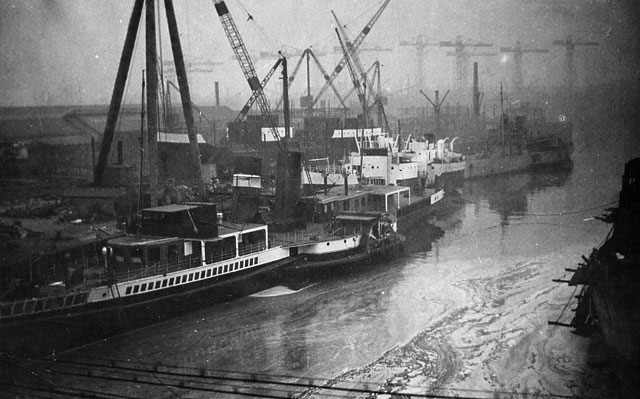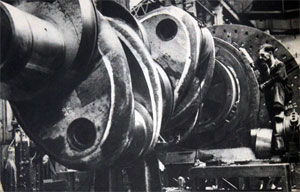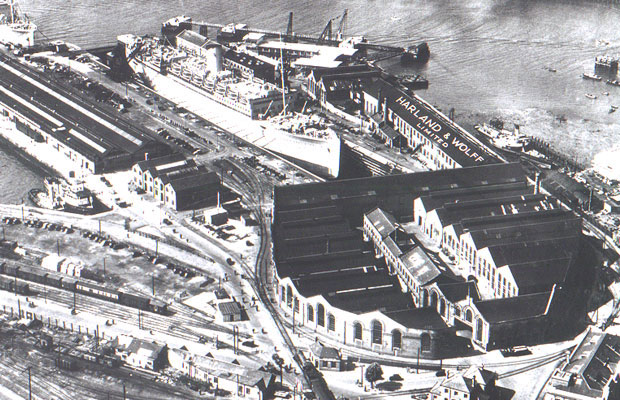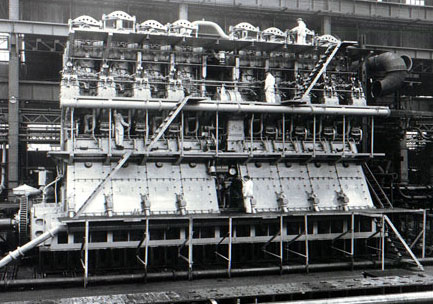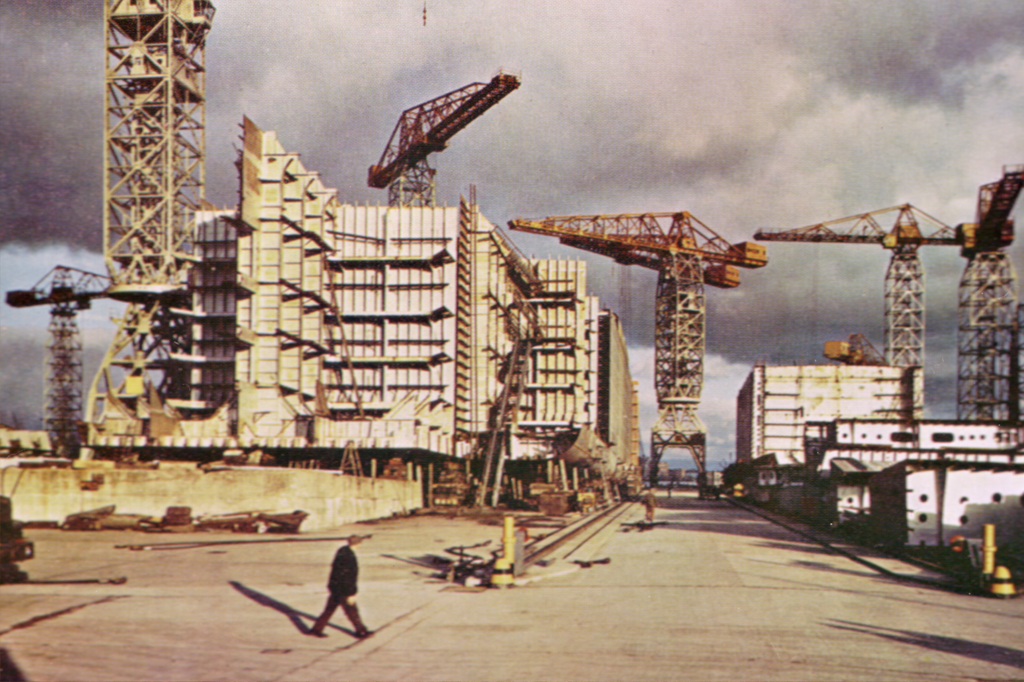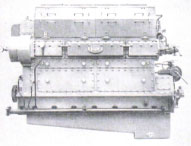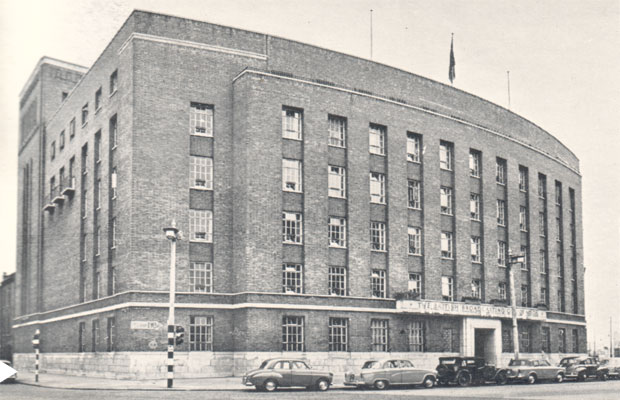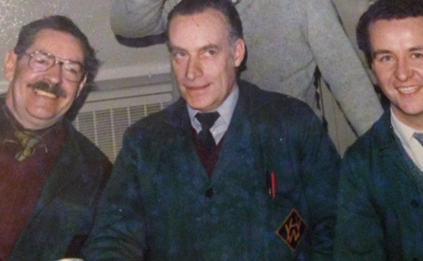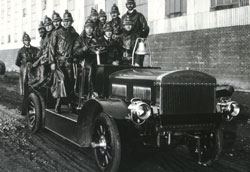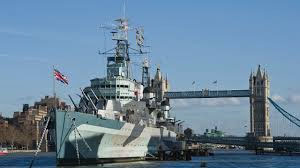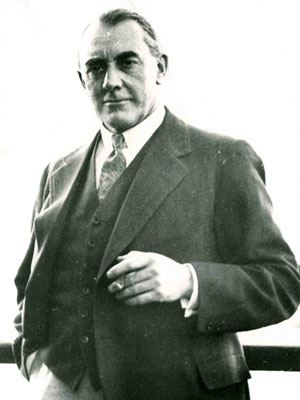Sir Frederick Ernest Rebbeck - Chairman (1930-41)(1944-1962)
Frederick Rebbeck was born near Swindon, Wiltshire in southern England; his father was a farmer at Badbury, Chiseldon, who died when Frederick was only a year old; his widow moved to Wantage, in the neighbouring county of Oxfordshire. He was an engineering apprentice in England before moving to Belfast, to Victor Coates, the manufacturer of stationary steam engines, he also worked for a time at British Westinghouse, Manchester.
Just four years after rejoining the company he was made a managing director and eventually chairman, a position he held from 1930 until his retirement in 1962. Frederick was knighted in 1941.
Rebbeck had a very forceful personality and completed dominated the H&W management. The problem was that his only practical management experience was in engine building. Although some of the other shipbuilding leaders detested Rebbeck, none of them wanted his job as chairman of H&W, which they regarded as a poisoned chalice. In September 1941 the trustees again prepared for a public reconstruction of the H&W share structure. Again the plans were frustrated; this time by the outbreak of war with Japan. Bringing H&W back into full production was an expensive and time consuming task. The H&W overdraft was gradually increased by the reluctant banks. Eventually agreement was reached to increase the H&W overdraft to £4 million contingent upon Rebbeck concentrating all his efforts on the management of the Belfast facilities and stepping down from the position of Chairman of H&W. This was a considerable blow to Rebbeck, even though he had the consolation of being awarded a knighthood. The new chairman was Charles Palmour, an accountant from the auditors of Midland Bank.
As the war began to progress in the Allies favour, the trustees revived the idea of recouping their debt and escaping from H&W. This time they were at last successful in restructuring the company’s capital and selling the shares on the London Stock Exchange in 1944. Sir Frederick Rebbeck was reinstated as chairman, with a group of directors that were entirely dominated by him.
Due to illness in March 1962 Sir Frederick Rebbeck resigned and was succeeded by J.S. Baillie as Chairman.
Sir Frederick Rebbeck died at his home, Sandown House, at Knock in east Belfast on Saturday 27th June 1964 aged 86.

|
|
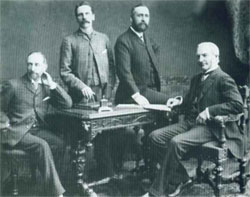 The PartnersHarland, Wolff, Pirrie and Wilson
The PartnersHarland, Wolff, Pirrie and Wilson
 The HatsChairmen, MD's, CEO's
The HatsChairmen, MD's, CEO's
 Sir Frederick RebbeckChairman 1930-41 1944-62
Sir Frederick RebbeckChairman 1930-41 1944-62
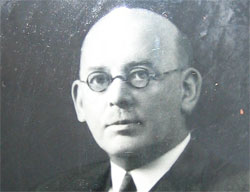 Sir Charles PalmourChairman 1941-1944
Sir Charles PalmourChairman 1941-1944
 John S BallieChairman 1962-1965
John S BallieChairman 1962-1965
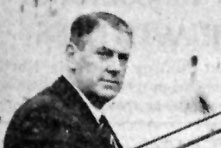 Dr Dennis RebbeckChairman 1965-1966
Dr Dennis RebbeckChairman 1965-1966
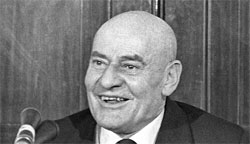 Sir John MallabarChairman 1966-1970
Sir John MallabarChairman 1966-1970
 Joe R EdwardsChairman 1970
Joe R EdwardsChairman 1970
 Alan WattActing Chairman 1970-1971
Alan WattActing Chairman 1970-1971
 Lord RochdaleChairman 1971- 1975
Lord RochdaleChairman 1971- 1975
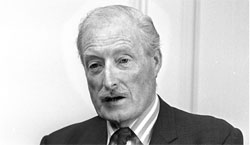 Sir Brian MortonChairman 1975-1980
Sir Brian MortonChairman 1975-1980
 Victor Alexander CookeChairman 1980-1981)
Victor Alexander CookeChairman 1980-1981)
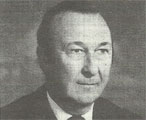 Vivian WadsworthChairman 1981-1982
Vivian WadsworthChairman 1981-1982
 Sir John ParkerChairman 1982-1992
Sir John ParkerChairman 1982-1992
 Islandmen(and Women)
Islandmen(and Women)
 Save our ShipyardSupport and solidarity
Save our ShipyardSupport and solidarity
 The War MemorialsWe Will Remember Them
The War MemorialsWe Will Remember Them
 The Bible Class
The Bible Class
 Nicknames
Nicknames
 The Yarns(and Tall Tales)
The Yarns(and Tall Tales)
 The Shipyard IndentureJW Mullholland
The Shipyard IndentureJW Mullholland

